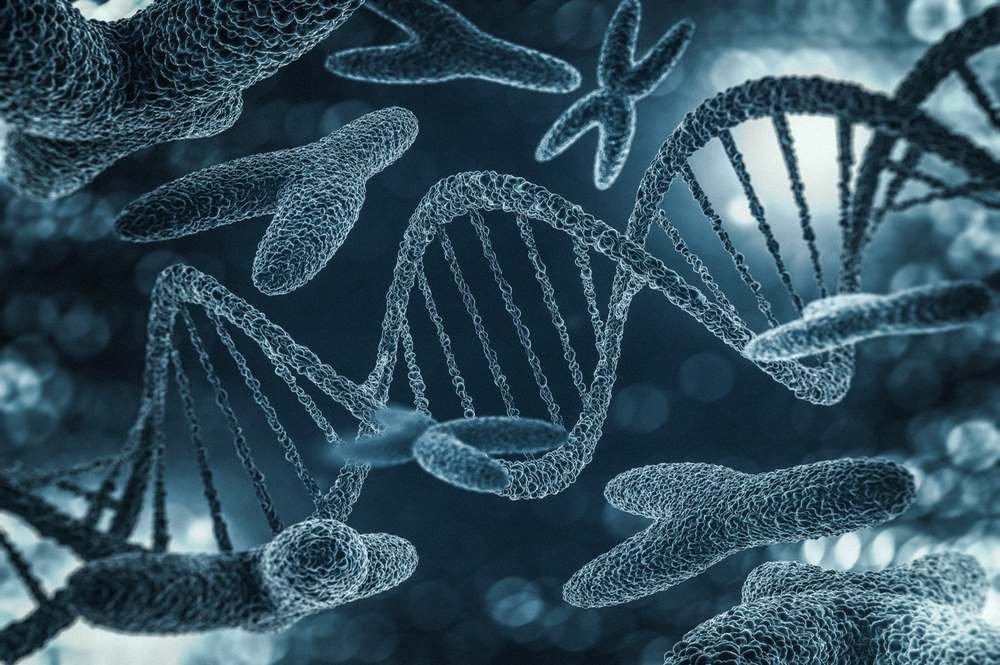Genetic Mutation

Cancers stem from genetic mutation in genes that control cellular division. Two main types of genes are the tumor suppressor genes and the oncogenes. The tumor suppressor genes, for example the TP53, becomes mutated in a way that the check on cellular proliferation is lost and the cells continue to divide in an uncontrolled fashion, rapidly becoming abnormal tumor cells.
In other cases, there may be a mutation that activates a gene responsible for rapid division of cells. This is called an oncogene. The RB gene is commonly mutated in a number of cancers, and its role in the development of brain tumors is under study.
Chromosomes that carry the genes and hence, the codes for cellular proteins, can undergo mutations that can delete a part of a gene, resulting in abnormality in protein. The IDH gene is seen mutated in 12% of patients with glioma, and the MMAC gene is seen mutated in 40% of glioblastomas. These records hint at the genomic basis of tumor development.

